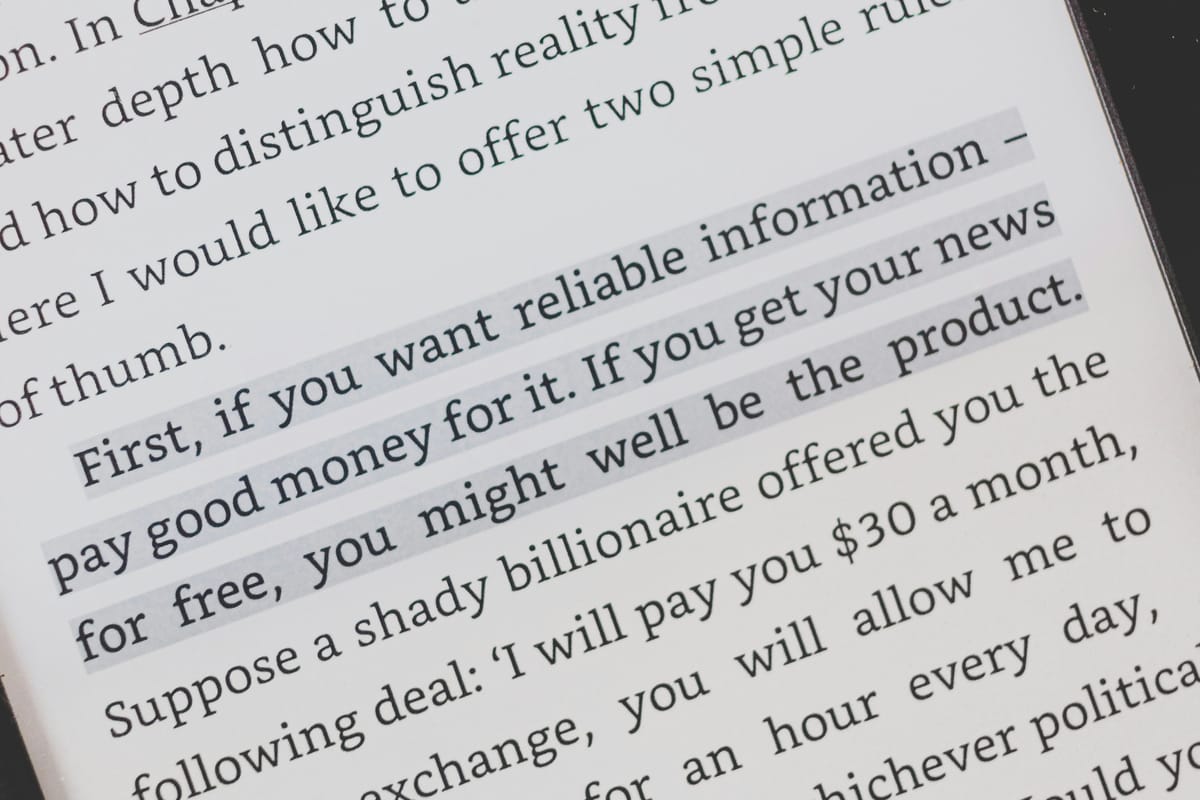If you have to ask how much it is, you can't afford it.
The phrase "If you have to ask how much it is, you can't afford it" has long been a mantra for luxury goods and high-end services, implying that those who are truly wealthy don't need to inquire about prices because they can afford to indulge without hesitation

The phrase "If you have to ask how much it is, you can't afford it" has long been a mantra for luxury goods and high-end services, implying that those who are truly wealthy don't need to inquire about prices because they can afford to indulge without hesitation. However, this adage takes on a new level of significance in the context of exclusive events and experiences that cater to the ultra-rich.
Recently, a private dinner party hosted by a prominent tech mogul made headlines, not only for its star-studded guest list but also for its eye-watering price tag. The event, which was held at a luxurious estate overlooking the ocean, offered guests an evening of fine dining, live music, and one-on-one conversations with A-list celebrities. While the exact cost of attending the dinner party was not publicly disclosed, insiders estimated that the price per guest ranged from $10,000 to $50,000.
For those who were invited, the cost was likely a mere drop in the bucket, considering the caliber of the event and the opportunity to rub shoulders with the rich and famous. However, for the average person, the price tag is staggering, and the phrase "If you have to ask how much it is, you can't afford it" rings particularly true.
This phenomenon is not limited to exclusive events; it also applies to high-end real estate, luxury cars, and bespoke fashion items. For instance, a custom-made yacht or a limited-edition supercar can cost upwards of $1 million, and only those with the deepest pockets can afford to indulge in such extravagance without batting an eyelid.
The psychology behind this phenomenon is rooted in the concept of conspicuous consumption, where the wealthy use material possessions and exclusive experiences to signal their status and prestige. When it comes to luxury goods and services, the price tag is often seen as a badge of honor, and those who can afford to splurge without hesitation are viewed as part of an elite club.
However, not everyone is convinced that this approach to luxury is entirely healthy. Some critics argue that the emphasis on exclusivity and high prices perpetuates a culture of excess and reinforces social and economic disparities. They point out that the ultra-rich are not only accumulating wealth at an alarming rate but also using it to create exclusive clubs and experiences that are inaccessible to the broader public.
Despite these criticisms, the allure of luxury goods and exclusive experiences shows no signs of fading. As the global economy continues to grow, and more people join the ranks of the ultra-rich, the demand for bespoke and high-end services is likely to increase. For those who can afford it, the phrase "If you have to ask how much it is, you can't afford it" serves as a reminder that true luxury is often priced beyond the reach of the masses.
In the end, whether or not one agrees with the notion that luxury goods and exclusive experiences are worth the hefty price tag, it's undeniable that they have become an integral part of the culture of the ultra-rich. As the gap between the haves and have-nots continues to widen, it's likely that the phrase "If you have to ask how much it is, you can't afford it" will remain a defining characteristic of the luxury industry, separating those who can afford to indulge from those who can only dream of it.


